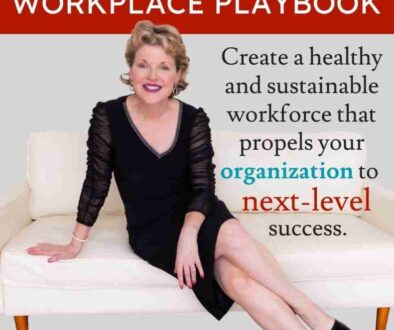Would You Want Your Daughter to Work Here?
 One of my favorite new resources is The Glass Hammer (www.theglasshammer.com) a wonderful online forum for relevant and provocative career development issues for women. While the age old frustration of the glass ceiling and the concept of gender equality in the workplace are still alive and well, I read an article on The Glass Hammer which really struck a chord.
One of my favorite new resources is The Glass Hammer (www.theglasshammer.com) a wonderful online forum for relevant and provocative career development issues for women. While the age old frustration of the glass ceiling and the concept of gender equality in the workplace are still alive and well, I read an article on The Glass Hammer which really struck a chord.
Ann Weisberg from Deloitte relayed a story about a senior male partner who spoke on a panel about the issue of gender diversity. He asked his audience, “Would you want your daughters working here? If the answer is no, then you should own part of that solution.”
Along with the wise women at The Glass Hammer, it does give one pause to consider the simple question – Would you want your daughter working here? and if that might finally change the way companies treat gender diversity and equity.
I recently interviewed a woman for my blog who has spent the past 30 years working in high profile corporations. She is a C-level professional working in a male dominated world and during our interview she brought up the same issue from a personal experience that one of her male colleagues had to deal with. She shared that when senior men see the work environment through the lens of their entry level daughters it actually hits home and this may be the factor that will finally move us towards some significant changes in work culture.
If companies genuinely want to improve their efforts with gender diversity then they must treat women’s initiatives as a business imperative, according to Barbara Adachi, the National Managing Principal for Deloitte’s award-winning Women’s Initiative. Once these programs become a mainstay anchor in workplace culture and not an add-on or special HR initiative, then we will move forward and impact careers by developing talent, retaining excellence, and building communities in organizations.
Perhaps the question about whether or not you would want your daughter working in your work environment will become the new litmus test for changing work culture for the better and for good. This is a powerful paradigm shift in thinking that has the potential to make the gender issue a personal one for everyone – not just women.






